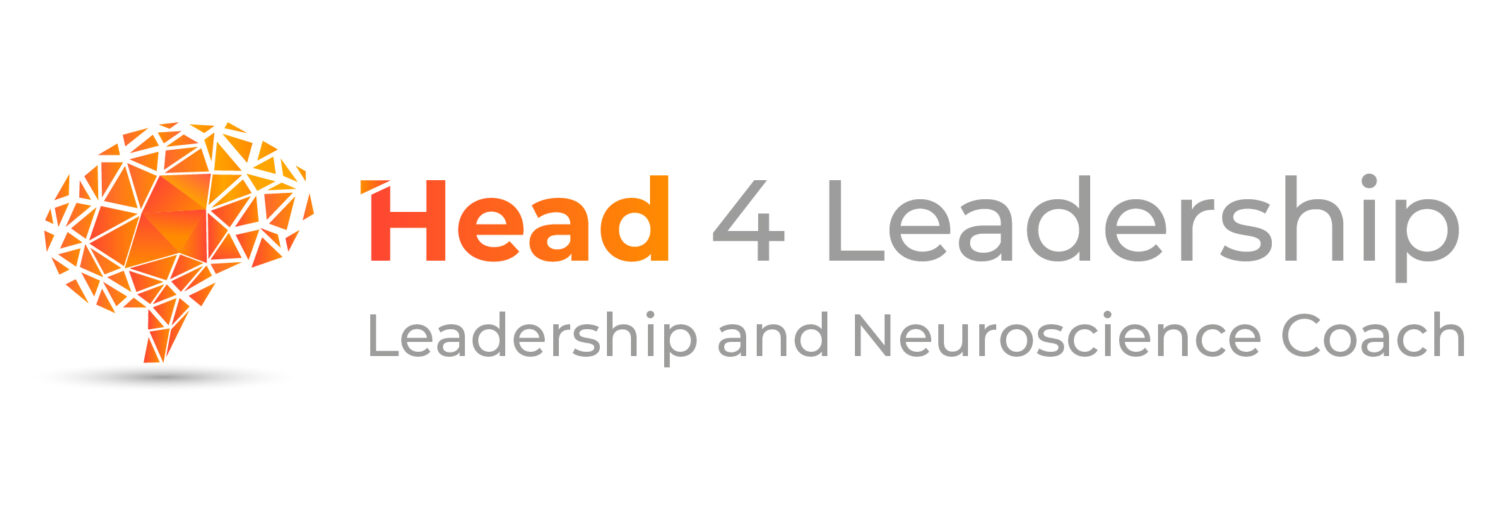‘The possibility of something bad happening’

My August newsletter explores risk. One’s relationship with it, how this changes and the impact of your risk levels on those you lead.
It includes links:
- A personal risk story
- A check-in with how you would risk assess that story
- Insights into what is happening in the brain
- A link to a video about motivation
- Links to enquire into Head 4 Leaderships services





